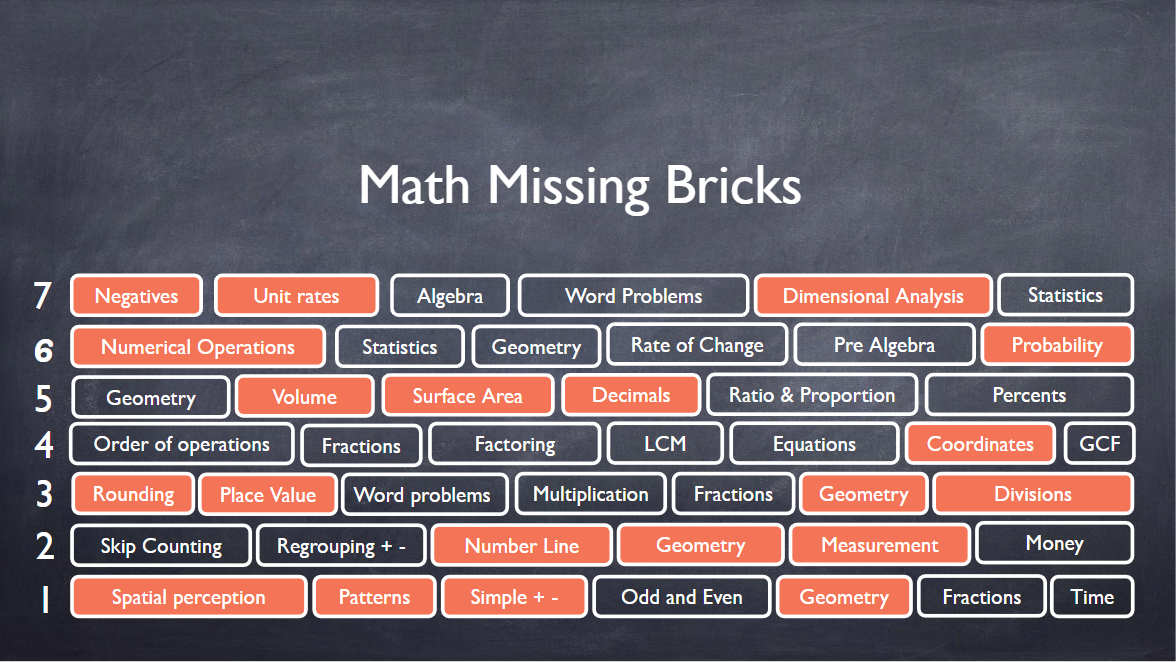In school, there's a lot of pressure to do well. Children are expected to pay attention for long periods  of time, achieve good grades, work hard on coursework, do homework, and often participate in extracurricular activities as well. Even early on, some students stand out from the pack as "naturally gifted," while others struggle. When their intelligence is called into question, these children can suffer feelings of inadequacy and poor self esteem.
of time, achieve good grades, work hard on coursework, do homework, and often participate in extracurricular activities as well. Even early on, some students stand out from the pack as "naturally gifted," while others struggle. When their intelligence is called into question, these children can suffer feelings of inadequacy and poor self esteem.
However, not all students struggle in school due to a lack of intelligence. Executive functioning, a series of cognitive abilities regulated in the frontal lobe, are key to strong school performance. So, what is it, and does your child have it?
What is Executive Function?
Simply put, executive function is a set of mental skills that ensure you can get things done. It's what helps you plan when you're writing up a grocery list and what gets you to get up and do chores even when you don't necessarily want to. It's what helps you focus on a tedious task or jump between multiple tasks you need to do simultaneously. Executive function manages these abilities and more, including the following:
- Time management
- Focus and focus management
- Attention and attention span
- Planning and organization
- Multitasking
All of these skills are essential functions for everyday life, both in school and in the workforce.
Executive Function in Children
Executive function plays a profound role in school-age success. Children need to focus to do well on classwork and exams, they need to be able to pay attention in class, and they need organizational skills, time management, and the ability to start tasks of their own accord in order to effectively manage homework. However, this skill is often less developed in children than in adults, and studies have found that many students who struggle in school do so because of a lack of executive function, not because of a lack of intelligence.
How to Maximize Executive Function
Though executive function can seem difficult to improve, this skill can be trained through activities like yoga, martial arts, and other activities that teach self control and discipline. Some schools have also begun implementing programs that train teachers to identify when students may be struggling with executive dysfunction so they can target the problem and rectify it. Students and teachers who have gone through this program saw notable differences in reading level and mathematic ability, as well as in focus and attentiveness.
Executive functioning weakness can seem like a difficult thing to isolate and understand, let alone treat. With the right tools and the right education, you can ensure your children develop strong executive functioning skills so they can thrive in school and beyond.





